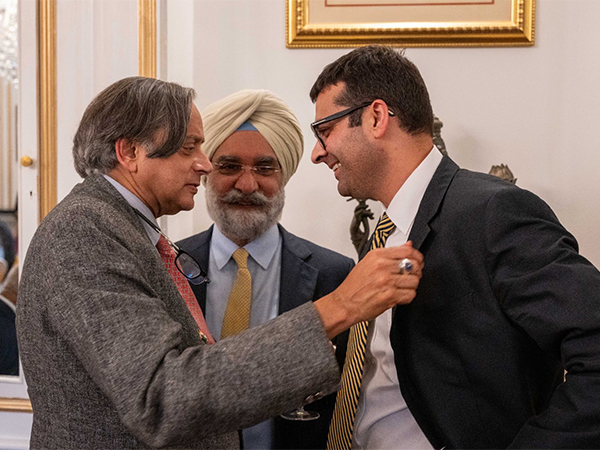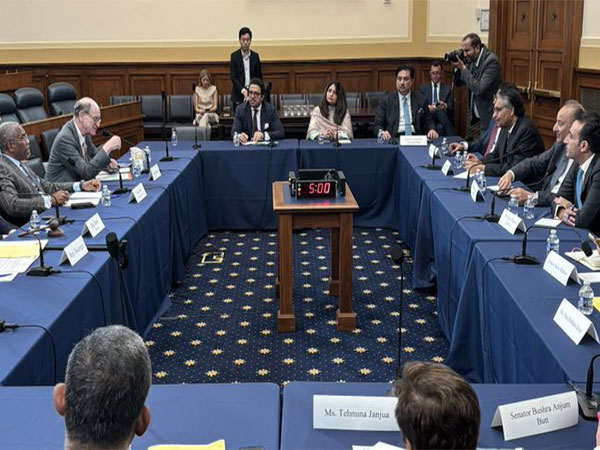
New Pakistan law sparks fears of systemic human rights abuses in Balochistan
Jun 07, 2025
Balochistan [Pakistan], June 7 : On June 4, the Balochistan Assembly passed the Counter-Terrorism (Balochistan Amendment) Act 2025, triggering widespread alarm among human rights groups and the Baloch civil society.
The new law grants Pakistan's military and intelligence agencies sweeping authority to detain individuals, primarily targeting Baloch citizens, for up to 90 days without charge, based solely on suspicion.
Legal experts and human rights defenders warn that the amendment bypasses judicial safeguards and effectively legalises practices previously carried out in the shadows.
Under the amended Act, Joint Investigation Teams (JITs) can now operate with expanded powers, including the issuance of detention orders and the conduct of ideological profiling of suspects. Military officials will now sit on oversight panels, further eroding civilian control over law enforcement and blurring the line between policing and military operations.
Law enforcement agencies are also granted increased authority to search, arrest, and seize property without prior judicial approval, a move critics say paves the way for widespread abuse and mass surveillance.
Enforced disappearances have long scarred Balochistan, where families have waited decades for news of missing loved ones. Rights groups document routine abductions by state security forces, with some victims unaccounted for after 15 to 20 years. The new law, according to activists, effectively codifies these practices, placing entire communities under constant fear of state violence.
"This Act transforms Balochistan into a legalised detention zone," stated the Baloch Yakjehti Committee (BYC), condemning the legislation as a step toward full militarisation of civilian life. The group likened the tactics enabled by the Act to those used in internment systems throughout history, including Nazi Germany and modern-day Xinjiang.
The law also violates Article 10 of Pakistan's Constitution, as well as Pakistan's obligations under the International Covenant on Civil and Political Rights (ICCPR).
The BYC is calling on the United Nations, international human rights organisations, and global civil society to intervene and pressure Islamabad to repeal the law. "Silence now is complicity," the group warned.


























